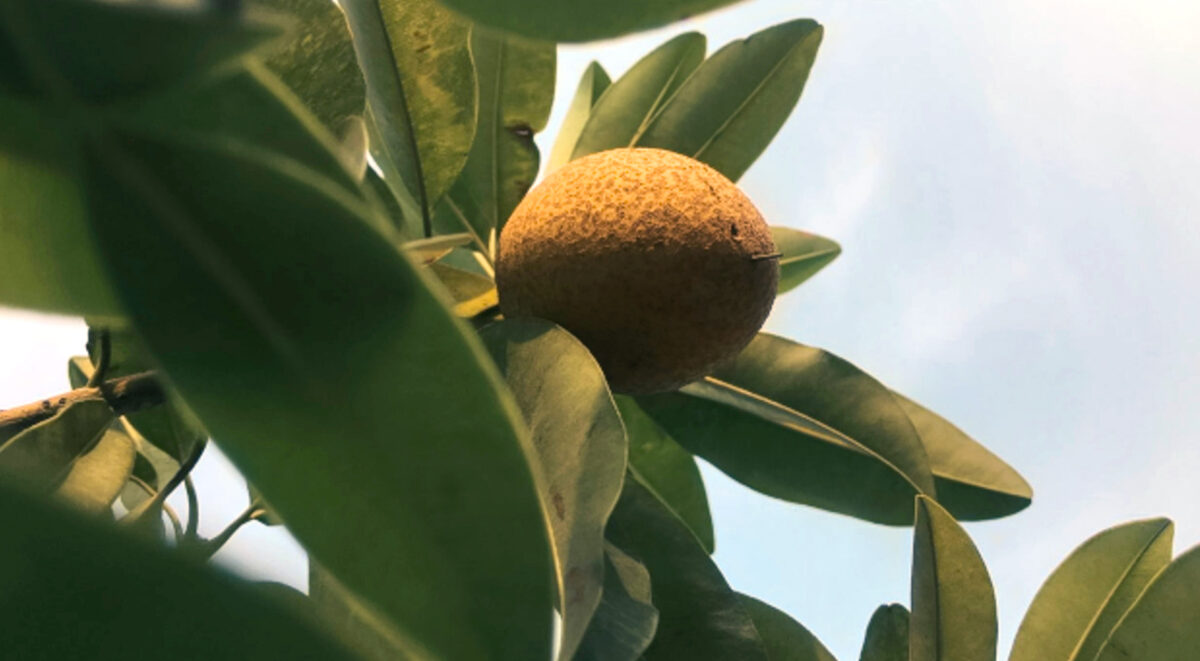
PRISM international is proud to announce the winning pieces from our 2023 Pacific Spirit Poetry Prize along with Mercedes Eng’s judge’s essay.
Mercedes Eng is a prairie-born poet of Chinese and settler descent living in Vancouver on the unceded lands of the xʷməθkʷəy̓əm, Sḵwx̱wú7mesh, and səl̓ilwətaɁɬ. She is the author of my yt mama, Prison Industrial Complex Explodes (winner of the 2018 Dorothy Livesay Poetry Prize) and Mercenary English. Her writing has appeared in Hustling Verse: An Anthology of Sex Workers’ Poetry, Jacket 2, The Asian American Literary Review, The Capilano Review, The Abolitionist, and r/ally (No One Is Illegal), Survaillance, and M’aidez (Press Release). Mercedes was recently the Ellen and Warren Tallman Writer-in-Residence and a Shadbolt Fellow at Simon Fraser University. She is an assistant professor at Emily Carr University of Art + Design, where she organizes the On Edge reading series.
Judge’s Essay
I was invited to judge the PRISM international Pacific Poetry Prize contest twelve days after the Israeli state escalated its genocidal assault on the Indigenous people of Palestine that began in 1948 with the Nakba, a result of the declaration of the State of Israel. Watching the live-streamed attempt to eliminate Palestinians with weapons of mass destruction, starvation, and dehydration, I was debilitated by despair. I am grateful to the poets who interrupted my immobilizing doom scrolling with poetry. Poets shared the writing of Palestine’s national poet, Mahmoud Darwish; shared Sto:lo poet Lee Maracle’s “Remembering Mahmoud 1986” which connects colonial occupation in Canada and in Palestine; shared and translated into many languages, “If I must die” by poet and professor Refaat Alareer, who with his family was killed in a targeted Israeli airstrike in November 2023; shared Mosab Abu Toha’s Things You Might Find Hidden in My Ear: Poems for Gaza. In times of strife and injustice, the work of poets is urgently necessary, to illuminate a context, to galvanize readers to action, to hold us when we are falling.
What an honour to be asked to engage with the work of the shortlisted poets. One poem’s form, numbered footnotes, inventively mirrors the dehumanizing practice of numbering imprisoned Jews during the Shoah. Another poem took me to a hot place in a hot month made hotter by human degradation of the earth, to experience the “colour” and “taste of climate change.” A poem taught me about the Bengali peasant-led Indigo Revolt of 1859 against British colonizers, who greyed the village river with pollution, rubied the river with Bengali blood, then “dusted our memories off with their knuckles.” I love poems that convey history with lyricism and imagery, and send me into a research spiral—indigo production in the subcontinent—or, as is the case with runner-up Gospel Chinedu’s poem, I sought to learn about the Nigerian Civil War of 1967-1970 and “this land nucleated / with a DNA sequence of bullets & blood.” I marvel at how rich the spareness of second runner-up Gabriel Blackmann’s poem is, how quickly the scant lines establish a complex image of a mother in mourning.
The winning poem, Murgatroyd Monaghan’s “Thumbs,” hooked me with its evocative imagery, and tenderness for fish kin. It offers humane fishing advice –“You should always kill a fish right away”—and how to do it—“Take a deep breath, reach with your thumbs / Deep into its glistening neck, and just // SNAP” that speaks to the necessity of mercy, the mercy of an immediate death rather than slow suffocation, and of protecting a daughter fishing with her father from witnessing fish suffer asphyxiation. I feel the slippery fish convulsing in my hands, desperate to escape, I see myself trying and failing to kill some being I’m going to eat because I can’t decisively break their neck. The poem oscillates between human and fish perspective, deploying unexpected metaphors of nation, asylum, and language, an affective, empathetic work complicating the binary of human and animal.
Please join us in congratulating these writers!
Grand Prize
“Thumbs” by Murgatroyd Monaghan
Murgatroyd Monaghan is a mother, poet, and writer of mixed descent. She teaches writing in a variety of settings, has been a finalist for dozens of national literary prizes including the CBC nonfiction prize, and is working on several book-length projects.
Runner-Up
“In a Tissue Processing Class the Lecturer Tells The Biafra War Through the Lenses of a Microscope” by Gospel Chinedu
Gospel Chinedu is a Nigerian poet from the Igbo descent. He currently is an undergraduate at the College Of Health Sciences, Okofia where he studies Anatomy. He loves music and is a big fan of Isak Danielson. His poems are mostly speculative and cuts across different themes. He is a 2021 Starlit Award Winner, 1st Runner Up for the Blurred Genre Contest (Invisible City Lit), 2023, Honorable Mention in the Stephen A. Dibiase Poetry Prize, 2023 and also a finalist in the Dan Veach prize for younger poets, 2023. His works of poetry have appeared or are forthcoming in Augur, Fantasy, Fiyah, The Deadlands, Channel, Apparition Lit, Mud Season Review, Trampset, The Drift, Consequence Forum, The Rialto, BathMagg and other places. Gospel tweets @gonspoetry.
Second Runner-Up
“Her Hands” by Gabriel Blackmann
Gabriel Blackmann (He/him) is a poet from Trinidad and Tobago. His work is concerned with trauma, personal mythology and belonging. His poems have been featured in Remington Review and Thimble Literary Magazine.
Thank you to Mercedes Eng and all who submitted! Stay updated for our Jacob Zilber Prize for Short Fiction winners!